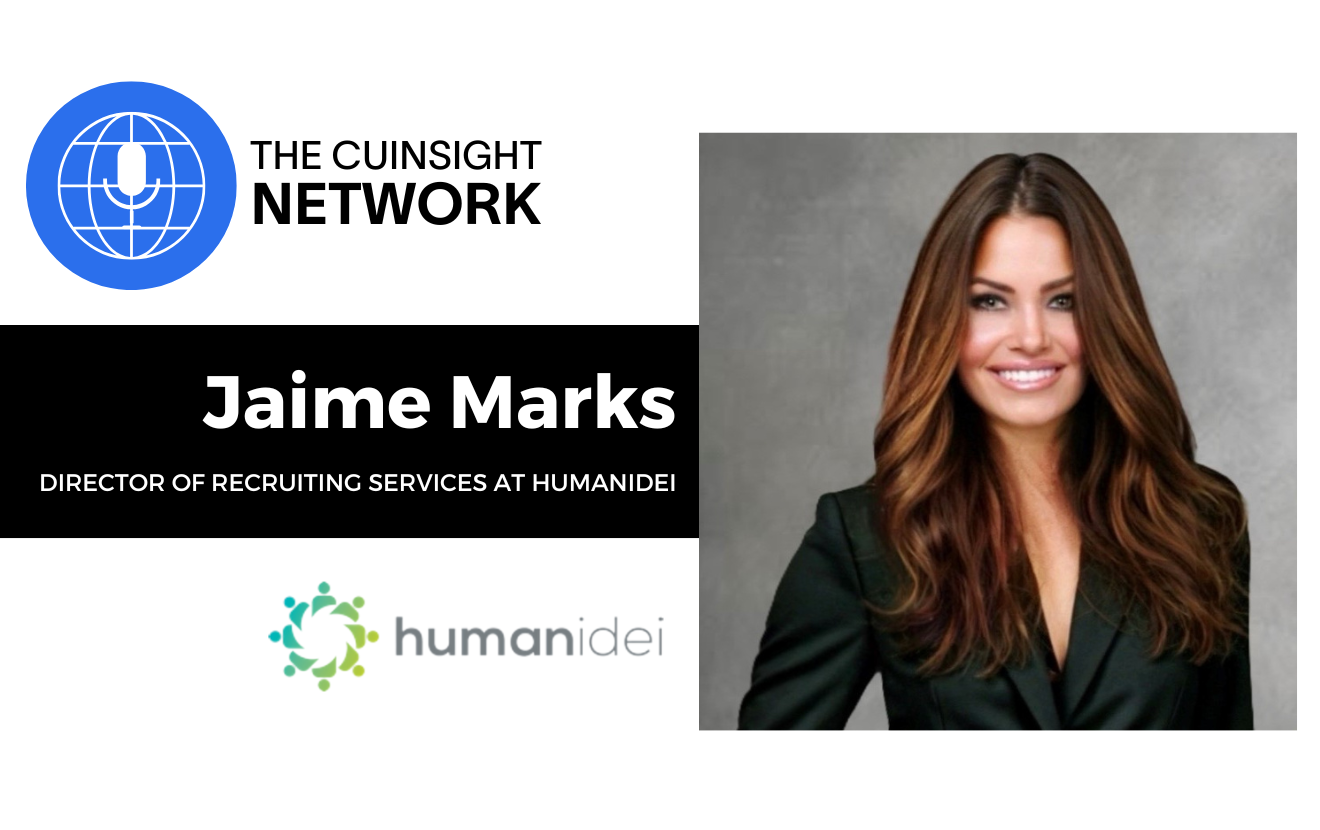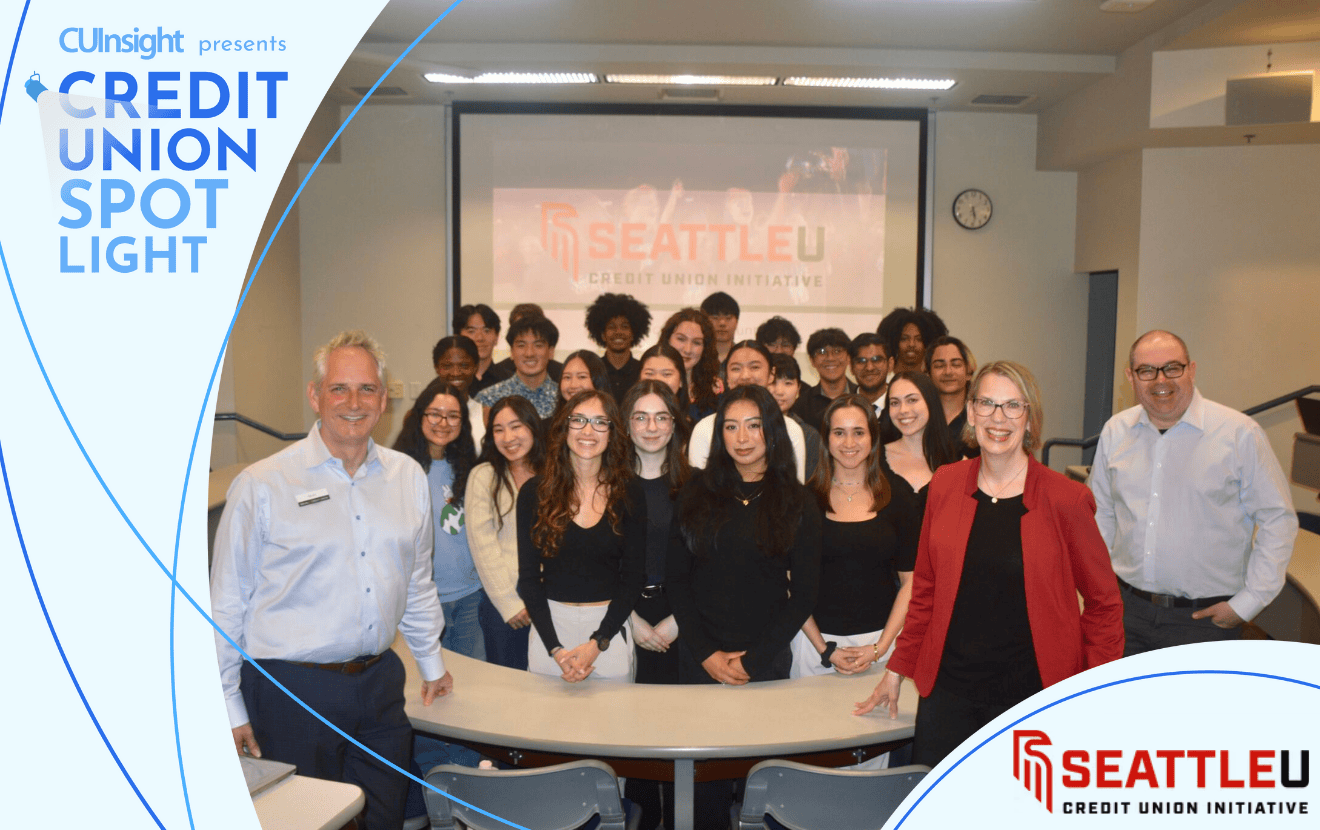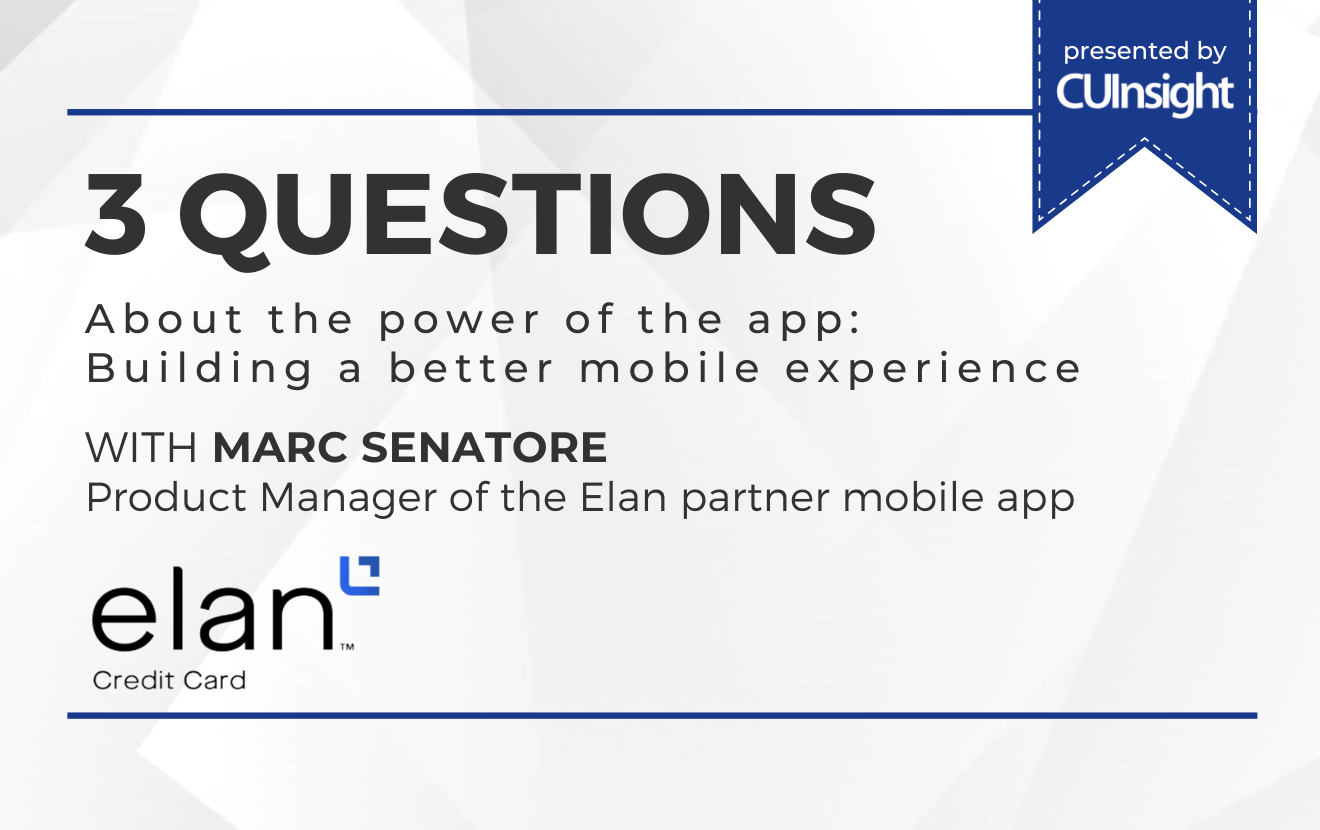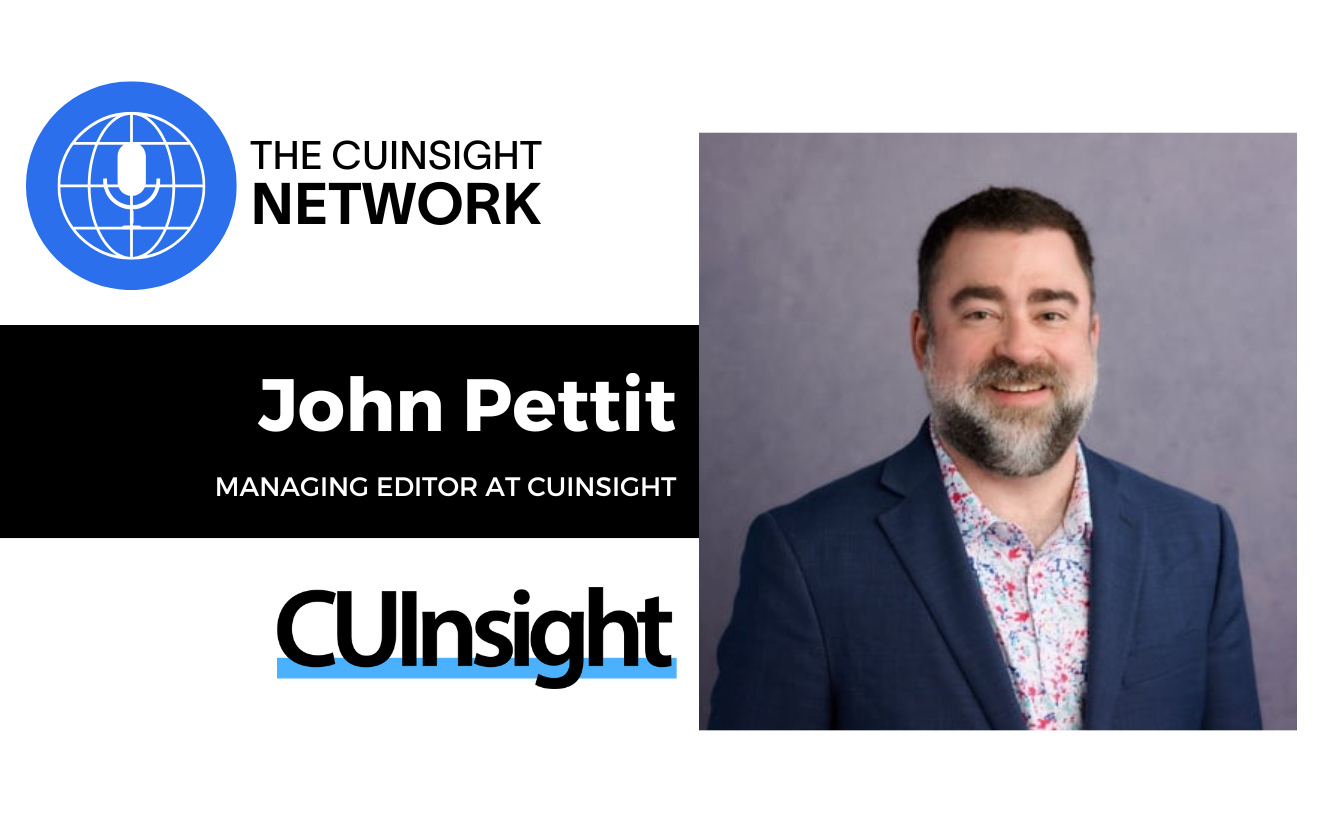How do you define leadership? Do you think of great leaders you admire and strive to be like them? Do you feel in order to be a good leader you need to be something more than you are? Do you ever feel you’re not doing “leadership” right, like there’s some special characteristic you’re not sure you possess?
Perhaps you are waiting for some grand experience to call forth your leadership? If so, this may be the problem. Leadership does not live in the arena of grand actions and gestures. If it exists at all, it is found in our unglamorous day-to-day thoughts and the corresponding actions that occur to us to take as a result.
It’s easy to busy ourselves with the appearance of leadership and many do. I know I have. We read the books, attend the courses, follow and quote the gurus, seek and hold the titles, but as we do so, we often fail to listen to and hear ourselves. In all our working and striving to be in charge of something or someone, we forget the only thing that actually matters: to listen to our own highest counsel and to be in charge of ourselves.
Almost all of us strive endlessly to become some version of “more” so we can finally feel okay with ourselves. We work so hard to uphold a façade of who we think we should be, we're instructed to be, or want to be, that we forget that we could simply be.
Fortunately, life works on us. Over years, through an endless parade of frustrations, trials, and deep personal losses, life feeds us substantial humble pie. If we pay attention, we begin to see our own familiar patterns of response, such as dismissing ourselves and lessening our inner knowing because others have dismissed us in the past. Or the powerlessness we may feel even today, despite our substantial education, wealth, and positions of power.
Generally, we only start to fully hear and accept our real selves when our lives are so painful that we can no longer stand it. We then get sick or simply “sick and tired.”
When we finally give credit to our own thoughts and feelings and allow ourselves to act from our own inner knowing, the portal to every version of success we seek opens, and life—freedom, joy, presence, and truly effective leadership—begins.
Perhaps you have experienced a moment when, instead of trying to look good or otherwise find or defend yourself in a conversation, you simply decided to be present. On the surface, these moments may look average, often like nothing special is occurring. However, any moment in which we allow ourselves to be free from playing out—yet again—our usual need for validation is a moment of leadership.
In one of my own moments, my “grand action” was that I simply did nothing. It was 2006 and I was invited to Spain to teach coaching to 50 General Electric global sales leaders. As I was briefed on the work, I learned that the client sponsor at GE, “Beth,” did not have a high opinion of me and I would need to change that. Apparently, many years earlier, she had attended the very first coaching course I facilitated in Seattle and was not impressed.
Receiving feedback that someone has no respect for you and your life’s work is never easy to hear, but I decided I had grown since then. As a result, I would not overly organize myself around Beth, her opinion of me, nor the need to change it. Instead, I would focus on the 50 leaders who, I knew, would benefit from what I could teach them about coaching for performance. I became fully present to and for that room of 50.
The morning we were set to deliver, Beth took my partner and me to meet the GE president. As she introduced my partner to the president, Beth stepped slightly in front of me, physically cutting me off from the conversation. They shook hands and started talking. I waited for my introduction but it never came. It was a surreal experience and I remember thinking, “How weird is this? I am standing right here but it is like I am not here at all.”
Previously, a moment like this would have activated all my own worst insecurities, my mind would have raced, and I would have felt the need to insert myself, likely in an ineffective, insecure, and passive-aggressive way.
This time was different. I simply observed and, as a result, I was able to see how nervous Beth seemed to be when interacting with her boss.
Just as I was about to introduce myself, the president turned to me and said, “I am so sorry, who are you?” To which I smiled warmly and said, “Good morning, I am Susanne Biro.” We had a beautiful moment of conversation and connection, which I now know was only possible because I had been able to remain present and not fearful or insecure. I then observed how Beth looked embarrassed and even more flustered as she rushed us into the ballroom to begin. I actively chose not to take on her fear or nervous, panicked energy.
The session was an incredible success and afterward, Beth took me aside to thank me and apologize for her earlier behavior. “I’m so sorry I failed to introduce you this morning. I just needed this to go well,” she explained. “I know,” I said. “No problem, Beth. We’re good.”
Leadership requires an awareness that the thoughts we decide to focus on determine everything we do and how we do it.
In my case, I had to decide that Beth’s poor opinion of me did not define me. I had to release her from my need for validation. Once I did, I could focus on the inner work only I could do and had to do: make myself okay with me. I had to forgive myself for not being better and more skillful all those years ago in Seattle. I had to remember that I had grown as a person and professional and that I had not only the right but the duty to serve others today. I didn’t need Beth’s validation and approval. I needed my own. Placing ownership with her would have allowed me to abdicate my own responsibility of making me right with me. Once I released her from my work, I needed nothing from her or anyone else.
This is leadership. It is the ability to work exceptionally well with and through others, up, down, across, and both inside and outside your organization. And, it will demand nothing less than your own self-acceptance and validation.
Make yourself okay with you. Learn to hear your own inner counsel. It will always call you to be your real and highest self in interactions, just as mine did for me with Beth.







